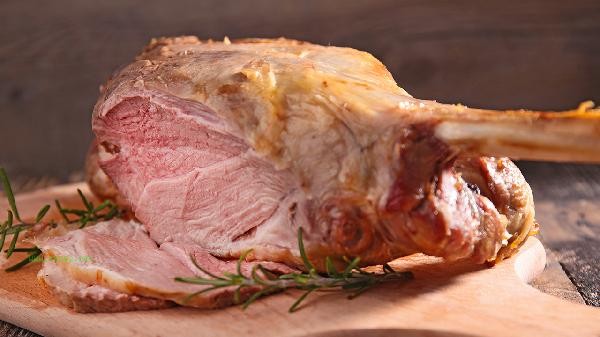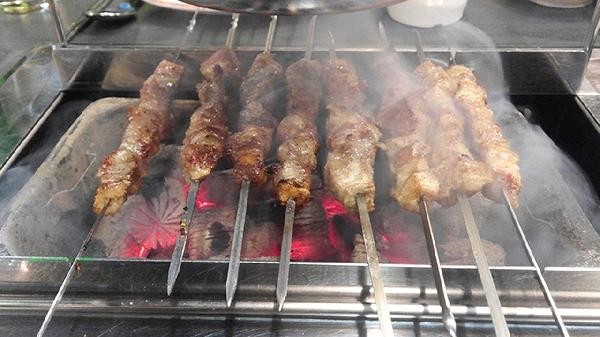If roasted lamb does not spoil overnight, it can generally be heated and consumed. If there is an odor, discoloration, or stickiness, it is usually not recommended to continue consuming. Improper storage of overnight food may breed bacteria. It is recommended to refrigerate and heat it thoroughly. Roasted lamb is rich in protein and fat, and storing it at room temperature can easily breed bacteria. refrigeration can slow down the growth rate of bacteria, but it cannot completely prevent it. Storing roasted lamb in a sealed container and refrigerating it can reduce the probability of bacterial contamination. When heating, it is necessary to ensure that the center temperature reaches a certain standard to kill possible pathogenic bacteria. The refrigeration time should not be too long, and it is best to consume it within 24 hours. In the high temperature environment of summer, roasted lamb is more prone to spoilage. Even if stored in refrigeration, some low-temperature resistant bacteria may still reproduce slowly. If the meat is found to be sticky, has a sticky surface, or emits a sour and rotten taste, it indicates that it has spoiled. Rotten roasted lamb may contain a large amount of bacterial toxins, which cannot be completely destroyed by ordinary heating. After consumption, it may cause gastrointestinal discomfort, such as abdominal pain and diarrhea.

In daily diet, attention should be paid to food preservation safety, and it is best to eat cooked food freshly. If you need to store roasted lamb, it should be placed in the refrigerated area of the refrigerator as soon as possible. Thoroughly heat before consuming again to avoid uneven heating caused by simple microwave heating. Special populations such as pregnant women, children, or those with low immunity need to be cautious and it is recommended not to consume overnight meat. If you experience discomfort symptoms, seek medical attention promptly to avoid delaying treatment.











Comments (0)
Leave a Comment
No comments yet
Be the first to share your thoughts!